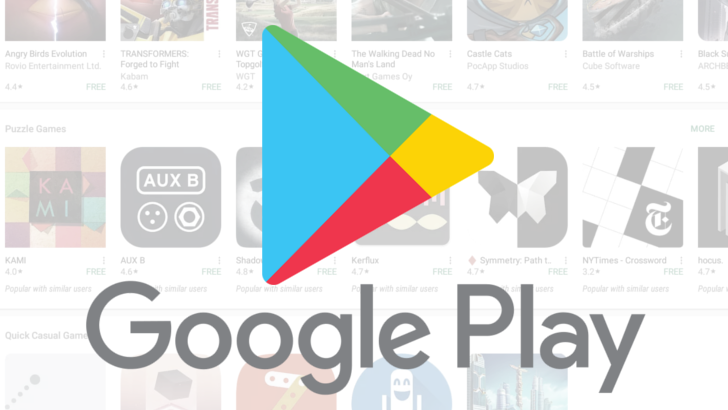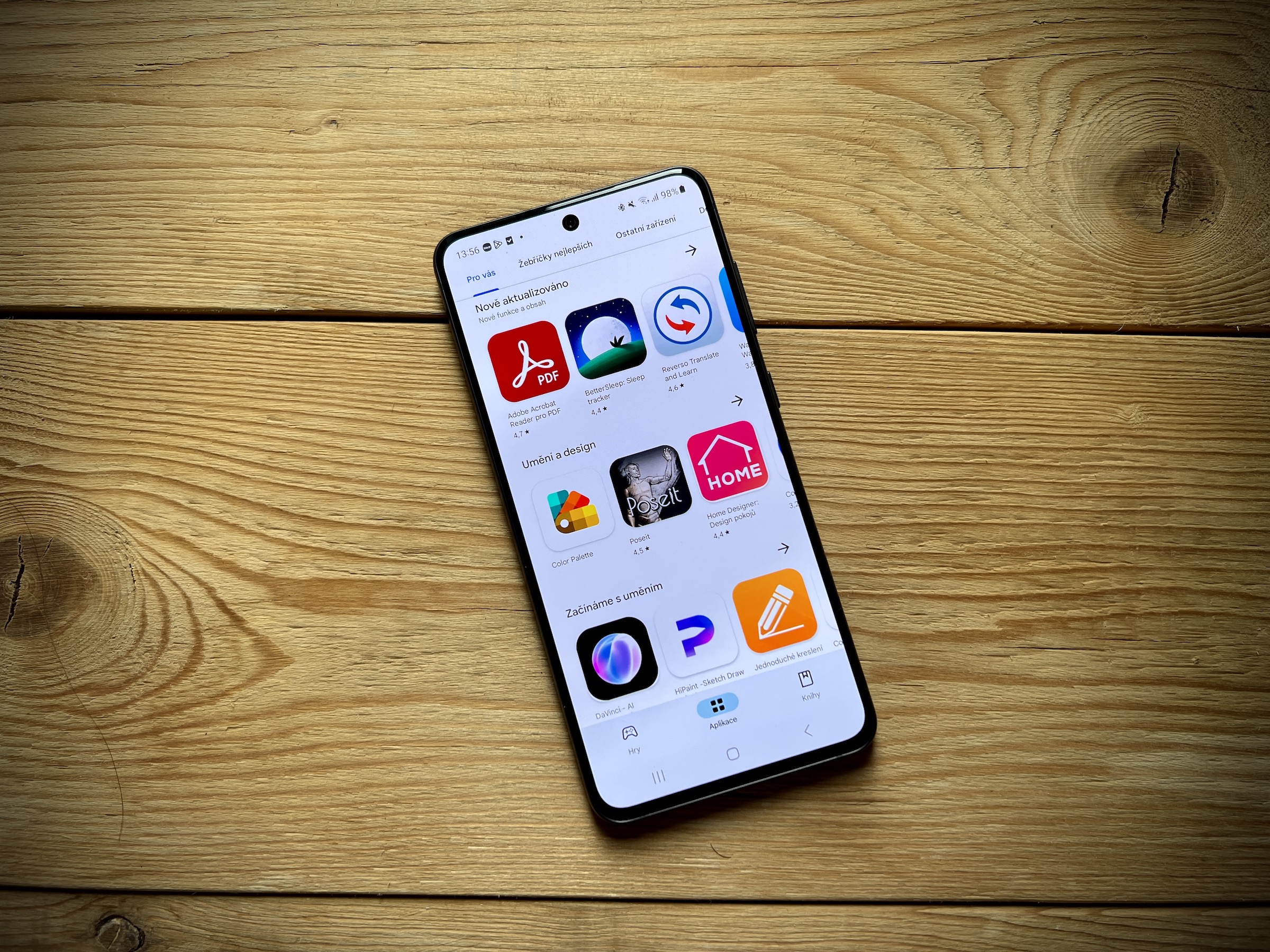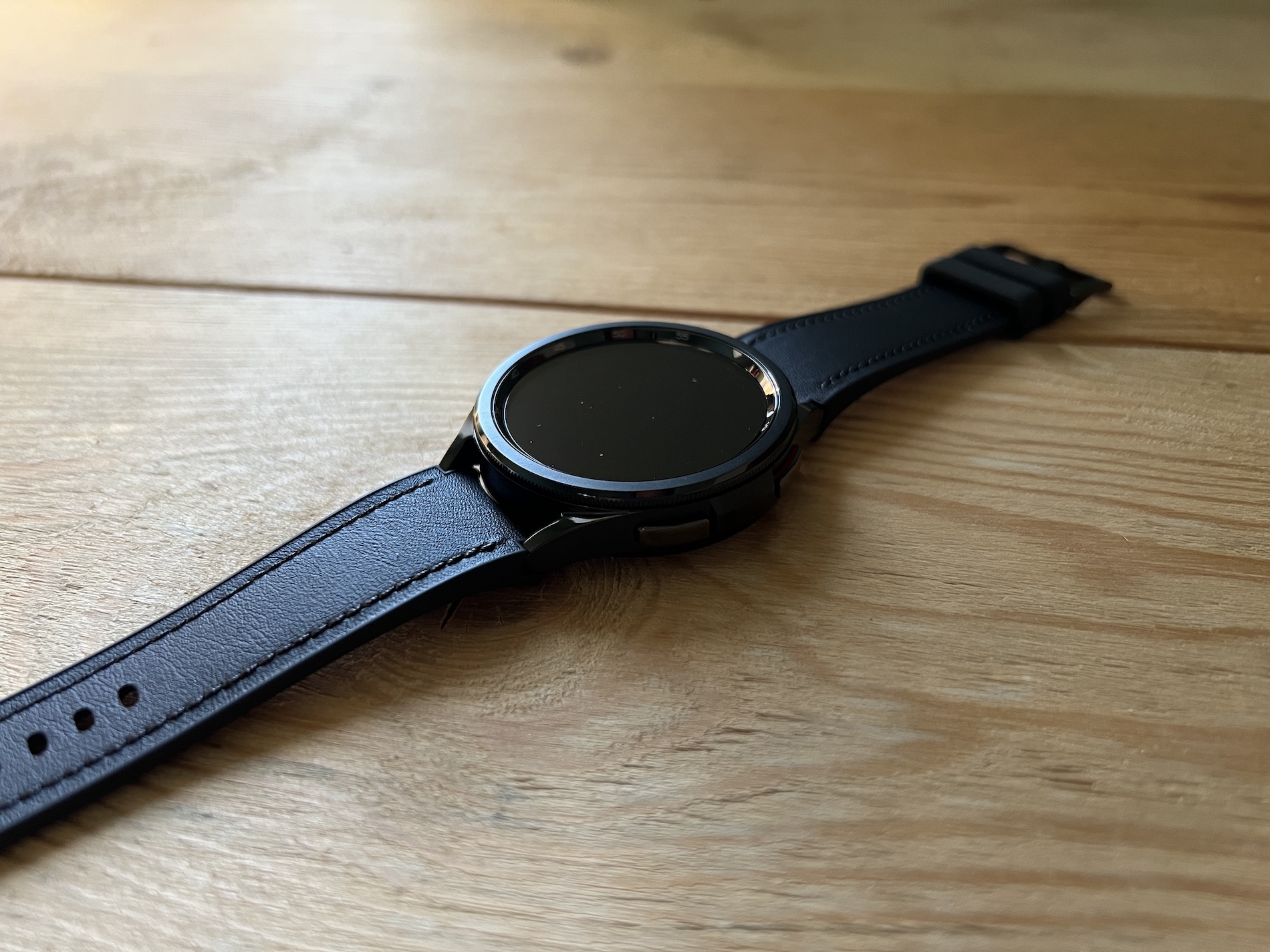Google continues to encourage Android developers to make use of the latest API features when creating their applications. Last November, all apps vying for a place on the Google Play Store's virtual shelf had to target the operating system Android Oreo 8.0 and later. In practice, this meant that developers were required to support runtime permissions and other changes that this update required. Now, as expected, Google is increasing its requirements for app developers.

At the time it is expected to be released Androidat Q – that is, around August this year – all new applications will have to aim for Android 9 (API level 28) and higher. This means that applications will continue to support older versions of the operating system Android (including the oldest one) – but at the same time they will have to adapt as much as possible Androidat Pie's. In November of this year, all updates will also need to be properly adjusted for Pie. Apps that are not receiving updates will not be affected in any way.
Users who try to install outdated non-Play Store apps on their devices will be warned via Google Play Protext. Starting in August, a warning will appear to all users who try to install the app, not customized, on their device Androidfor 8.0 and later. In November, users will begin to be notified of the need to update already installed applications. According to Google, the requirements of this type will increase year by year.




